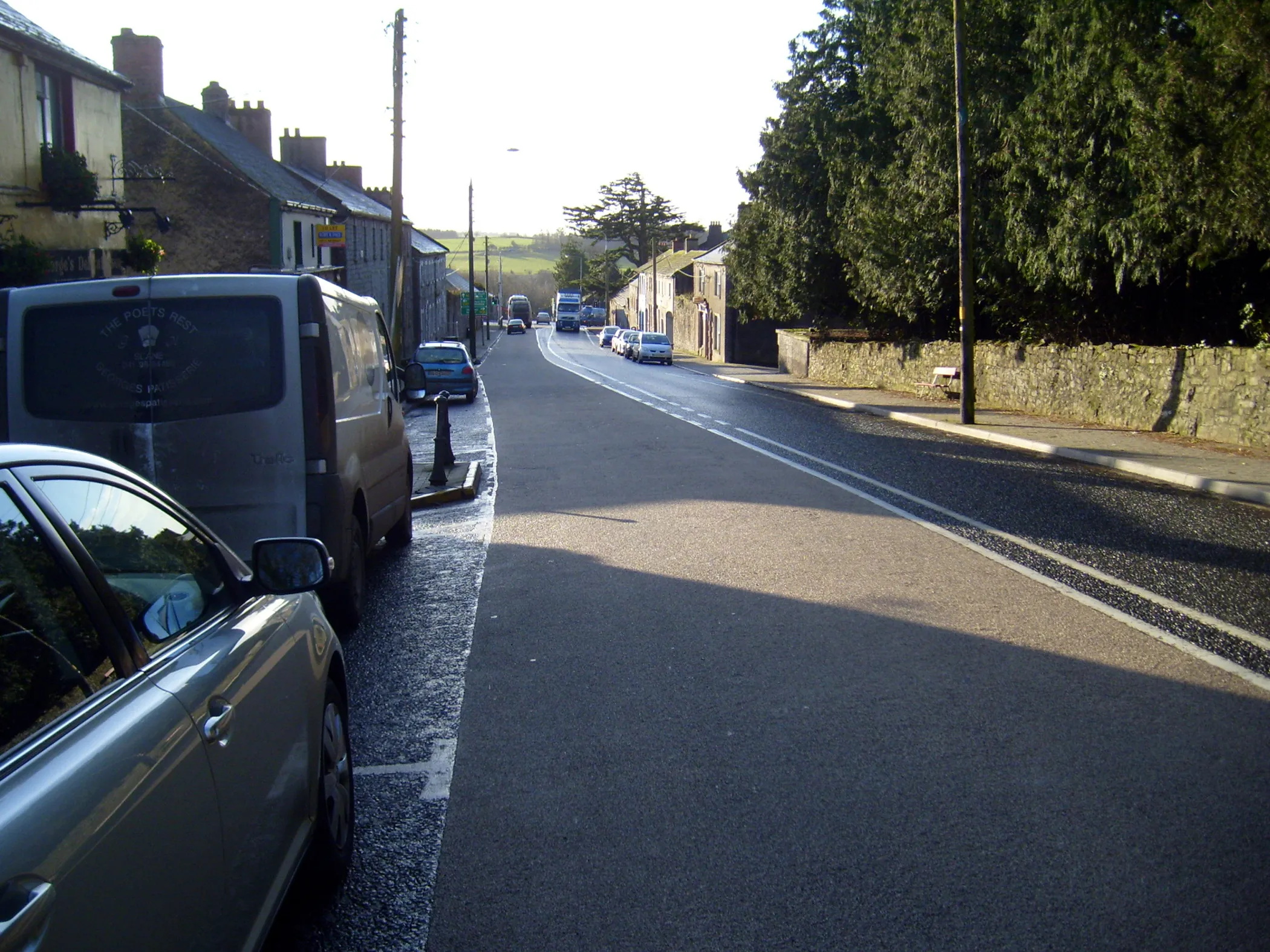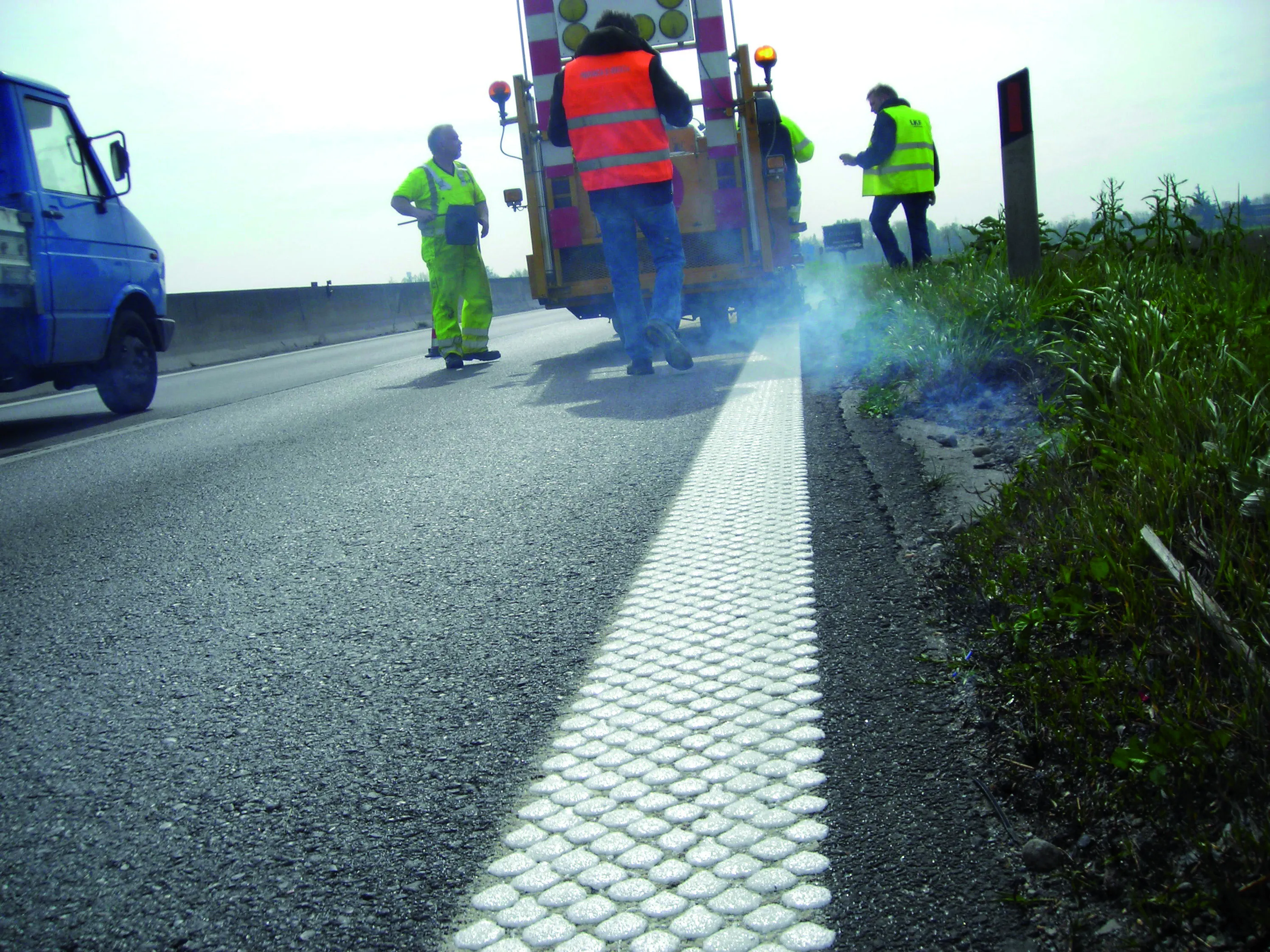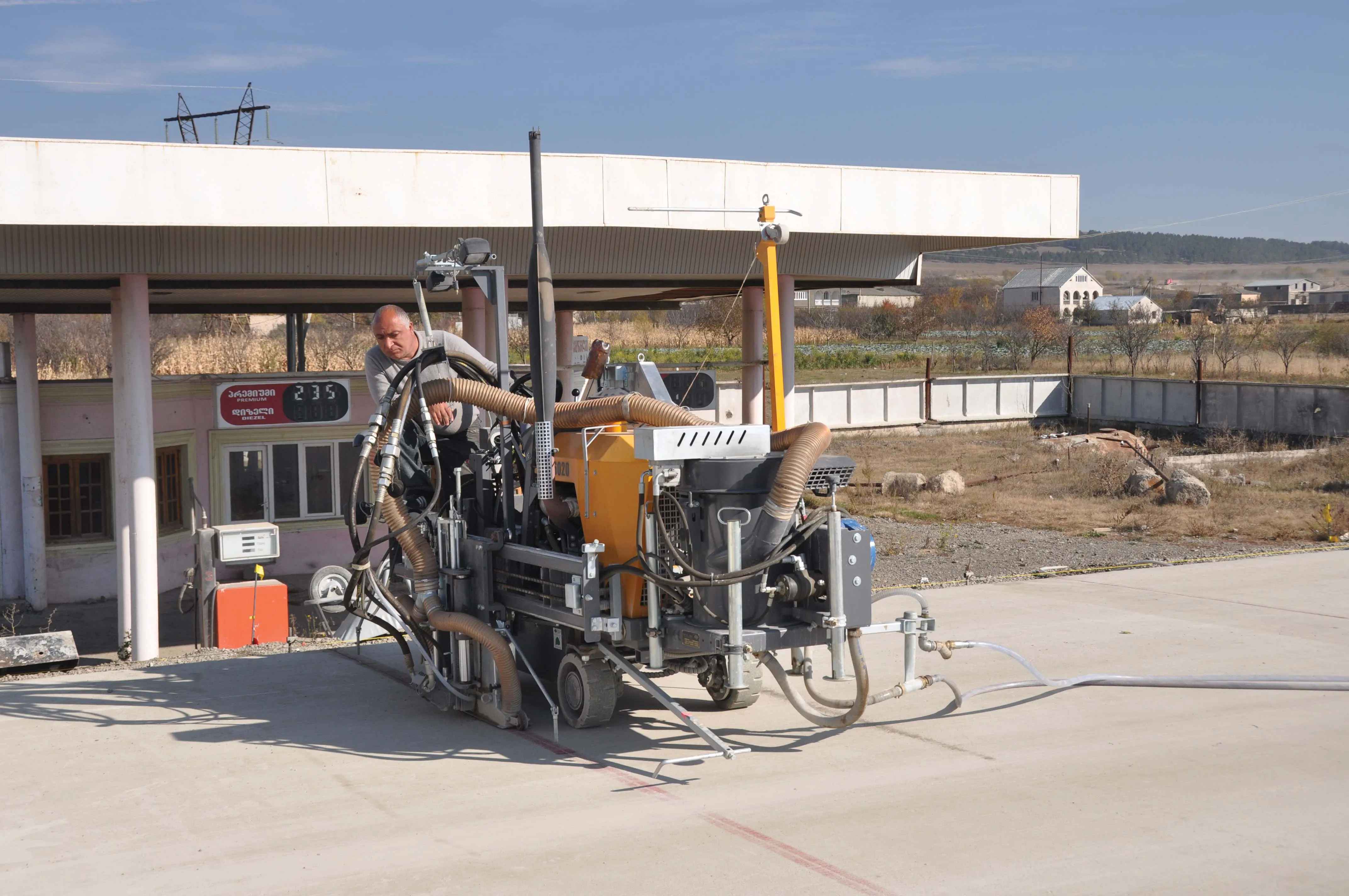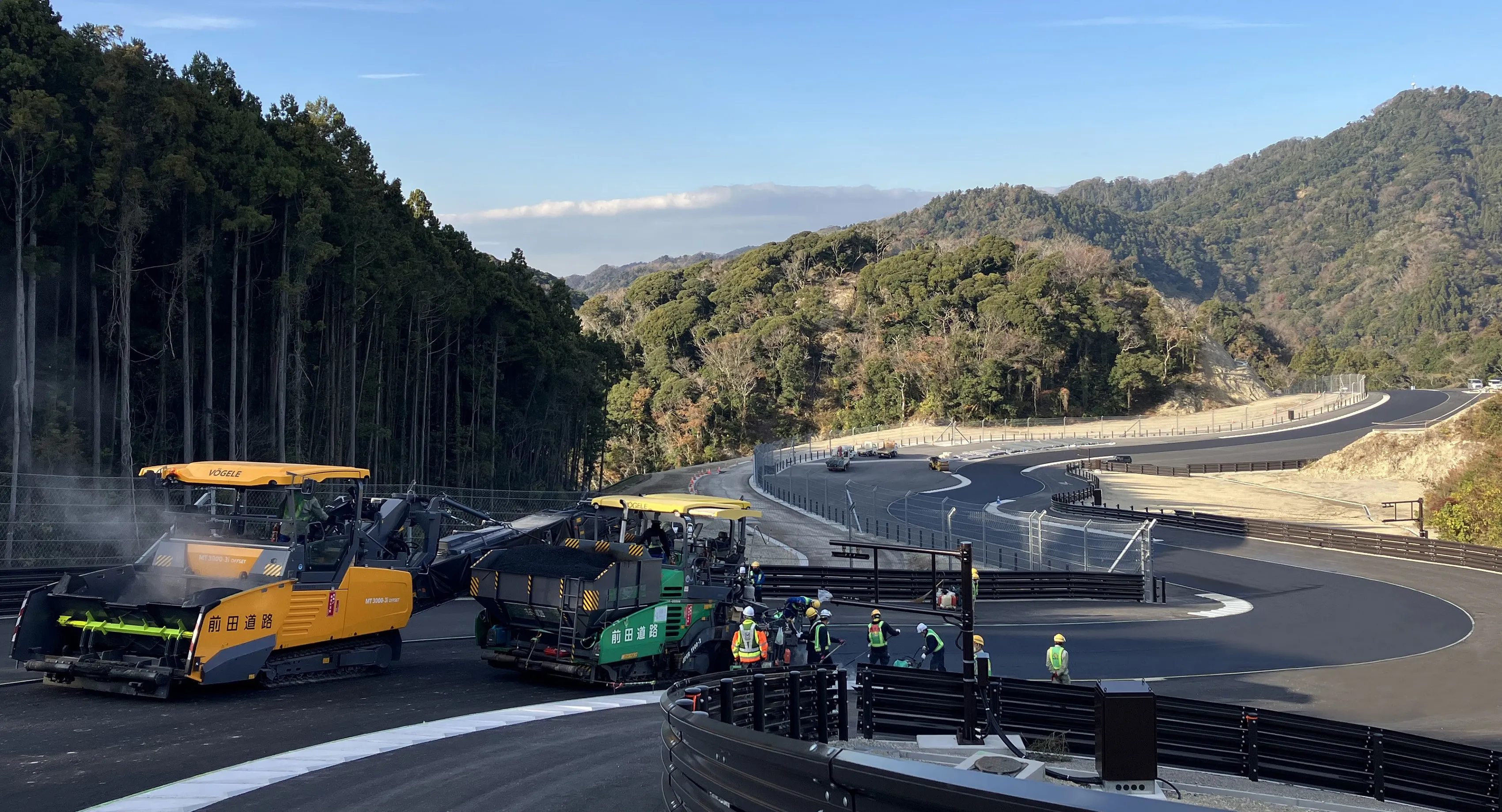Over the past few months, Lagan Construction, the primary partner of Ennis Prismo Traffic Safety Solutions in Ireland, has secured contracts to install more than 60,000m² of the international road marking manufacturer's high-friction road surfacing materials. The contracts were awarded following earlier trials using Ennis Prismo's BBA-HAPAS [British Board of Agrément-The Highways Authorities Product Approval Scheme]-approved Type 1 material Tyregrip on trial sites for Ireland's National Roads Authority (NRA
February 6, 2012
Read time: 2 mins

Over the past few months, 2340 Lagan Construction, the primary partner of 1394 Ennis Prismo Traffic Safety Solutions in Ireland, has secured contracts to install more than 60,000m² of the international road marking manufacturer's high-friction road surfacing materials.
The contracts were awarded following earlier trials using Ennis Prismo's BBA-HAPAS [British Board of Agrément-The Highways Authorities Product Approval Scheme]-approved Type 1 material Tyregrip on trial sites for Ireland's National Roads Authority (NRA).
The most recent of these trials was on a steep downhill section approaching the junction of a very busy main road near the capital Dublin, where 21 fatalities have occurred over the past three years.
The road is often frequented by heavy goods vehicles (HGVs) from a nearby quarry, and the asphalt surface, when combined with rain and speeding vehicles, was clearly not up to the job of stopping vehicles quickly enough in order to avoid accidents.
A 2,000m² downhill area approaching the main junction at the black spot was installed over a two-day period in September 2009, in difficult traffic management conditions.
Due to the unusually steep incline, Ennis Prismo recommended the addition of cellulose fibres in order to prevent the epoxy bonding agent running down the gradient before it had the chance to initially cure and secure the high friction surfacing in place.
The trial is currently ongoing but the NRA, which is set to take full responsibility from local highway councils for the design and specification work for all of Ireland's roads in 2011, has already suggested that if successful it will specify Tyregrip for the entire region.
The contracts were awarded following earlier trials using Ennis Prismo's BBA-HAPAS [British Board of Agrément-The Highways Authorities Product Approval Scheme]-approved Type 1 material Tyregrip on trial sites for Ireland's National Roads Authority (NRA).
The most recent of these trials was on a steep downhill section approaching the junction of a very busy main road near the capital Dublin, where 21 fatalities have occurred over the past three years.
The road is often frequented by heavy goods vehicles (HGVs) from a nearby quarry, and the asphalt surface, when combined with rain and speeding vehicles, was clearly not up to the job of stopping vehicles quickly enough in order to avoid accidents.
A 2,000m² downhill area approaching the main junction at the black spot was installed over a two-day period in September 2009, in difficult traffic management conditions.
Due to the unusually steep incline, Ennis Prismo recommended the addition of cellulose fibres in order to prevent the epoxy bonding agent running down the gradient before it had the chance to initially cure and secure the high friction surfacing in place.
The trial is currently ongoing but the NRA, which is set to take full responsibility from local highway councils for the design and specification work for all of Ireland's roads in 2011, has already suggested that if successful it will specify Tyregrip for the entire region.









